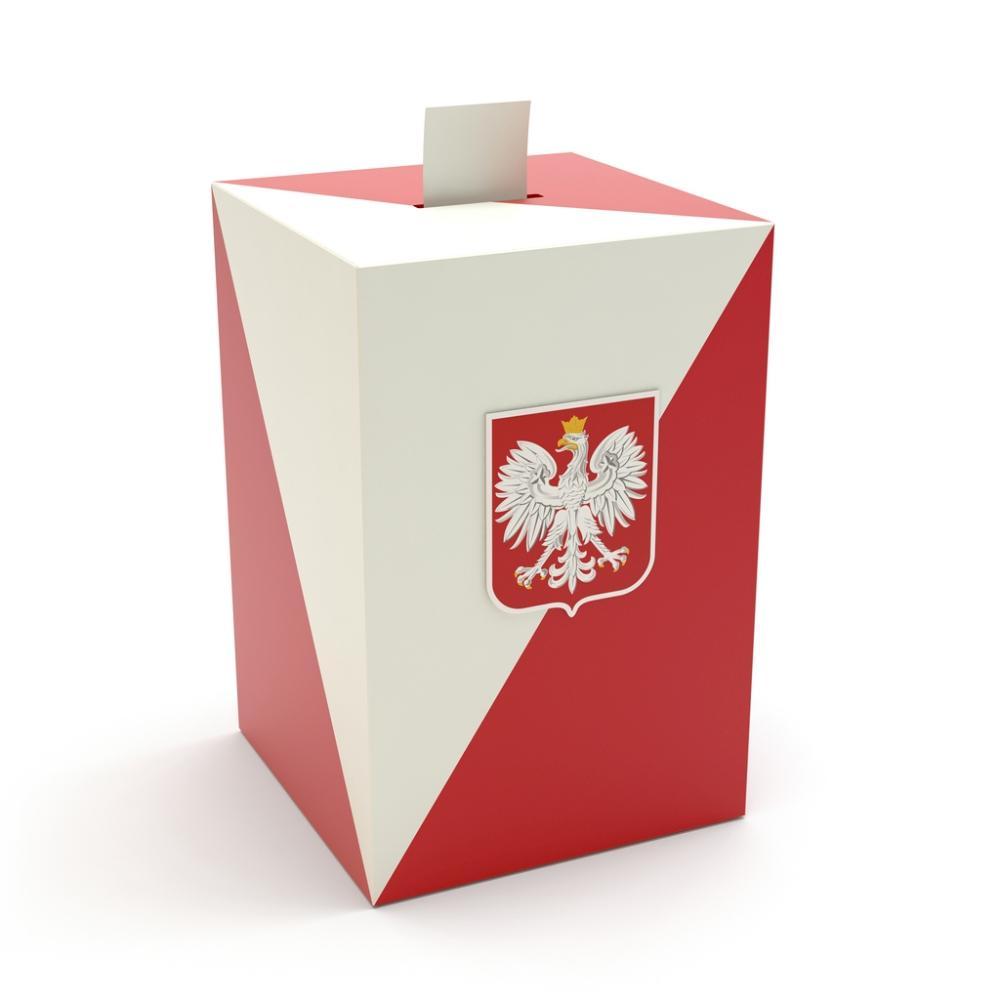
ongoing
Polish National Election Study (PNES) 2023

principal investigator / project leader
sociologist and political scientist, specializes in the analysis of poitical systems
Full bio project value: PLN 1,817,246
funding source: National Science Center
discipline: political and administrative sciences, social sciences
location: Warsaw
duration: 2023 2024 2025 2026
Elections are key events in the histories of democracies as they impact the countries’ politics, economic development, foreign relations, legislation, and the quality of life of citizens. Professor Mikołaj Cześnik, from SWPS University’s Center for the Study of Democracy will examine the attitudes and views of Poles, who elect its new government in the fall of 2023. The project is a continuation of several studies carried out by the Center during previous elections in Poland.
Grant no. 2022/45/B/HS5/03493.
Project objectives
The key objective of the Polish National Election Study (PNES) is to analyze the main electoral event in Polish politics, i.e. the parliamentary elections. Since its launch in , the PNES research design has been longitudinally and cross-nationally comparative. Therefore, each wave of the PNES, related to subsequent elections in Poland, is characterized simultaneously by continuity and change in its content. The continuity is possible due to the repetition of questions in the PNES key instrument, i.e. survey questionnaire. The change is made possible by including subsequent modules of the Comparative Study of Electoral Systems (CSES) – a collaborative research program bringing together election study teams worldwide, in the questionnaire. Our goal for the 2023 election is to maintain this dual tradition of the project.
The PNES should continue to be the foremost source of knowledge about Polish elections. It must also be flexible enough to incorporate Poland's changing political and social reality. Two events of fundamental and lasting importance have marked the parliamentary term and electoral cycle that end in 2023.
- The COVID-19 pandemic has affected polities worldwide, yet leading to varying consequences in different national settings (contributing to either democratic resilience or democratic decay).
- The war in Ukraine, in turn, has had particularly significant implications for Polish politics due to the extent to which Poland has had to respond to the refugee crisis created by the war and the security issues inevitably raised by such events.
Undoubtedly, these profound changes will, and indeed should, influence the design of the next iteration of the PNES. This project will continue the longitudinal tradition of the PNES while also adding new questions that arise from recent theoretical innovations and empirical developments.
Methodology
The PNES 2023 will be carried out using a similar methodology as it was employed in its previous editions. Empirical data will be collected through surveys. In keeping with tradition, we will survey a sample of the adult Polish population (Computer Assisted Personal Interviews (CAPI) and Computer-Assisted Web Interview (CAWI) surveys) and a sample of representatives of the parliamentary elite (CAPI survey).
The mass surveys, a CAPI sample (n=1500) and a CAWI sample (n=2000) will be carried out almost simultaneously; they will be accomplished a week to three weeks after the election, most likely in October/November 2023. The elite CAPI surveys (n=100) will be carried out six to nine months after the election.
The CAPI face-to-face questionnaire will take approximately 60-70 minutes. It will be based on a set of core questions derived from previous iterations of the PNES survey and the CSES Module 6 survey questionnaire. It will also include a variety of new questions. The CAWI questionnaire will contain around a third of the questions used in the CAPI questionnaire. The elite CAPI face-to-face questionnaire will take approximately 40-50 minutes and contain around half of the questions used in the mass CAPI questionnaire. The data gathered in the project will enable us to undertake standard multivariate modelling where the impact of substantive variables of interest is controlled for by other relevant individual-level variables, multilevel modelling which controls for the impact of environmental, contextual variables, and experimental analysis in which treatment effects are the quantity of interest.
Practical application of results
There are several ways in which this project will contribute to the advancement of political science knowledge.
- It will enable the continuation of the over 25-year tradition of the PNES, which provides both the Polish and the international scholarly community with an indispensable resource for country-specific and comparative research into Polish electoral politics, which is both longitudinal in character and relevant to new concerns.
- The experimental nature of the (part of) CAWI survey will make it possible to explore questions about the links between socio-demographics, political preferences and vote choices that cannot be adequately tested otherwise.
- The project will result in significant research outputs (publications) by project team members.